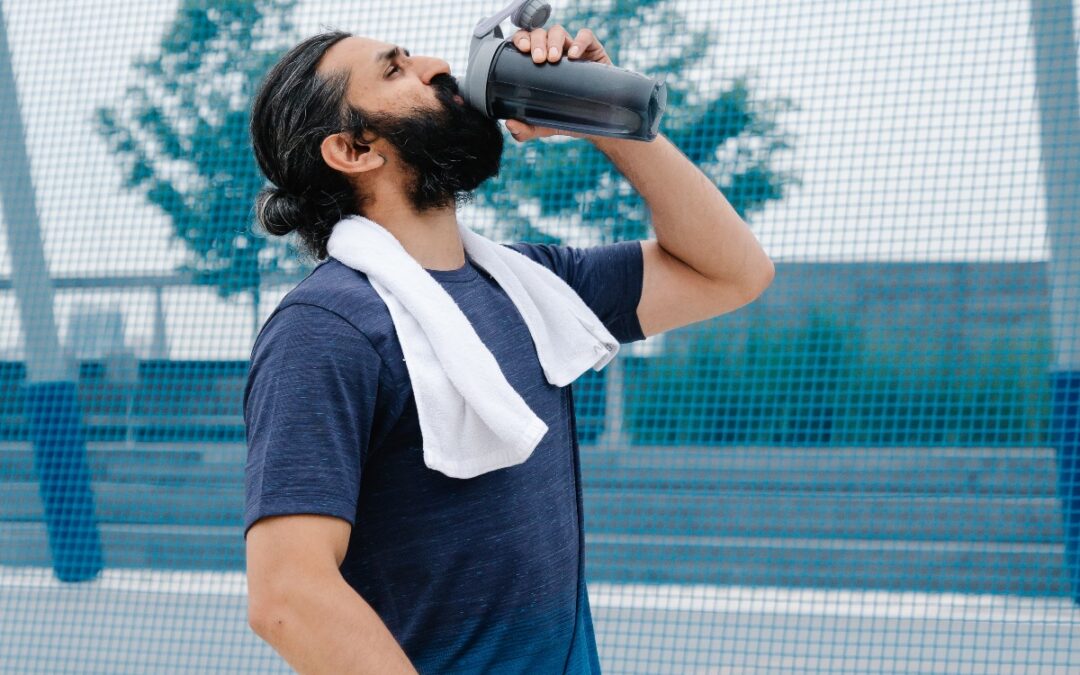The importance of mental health is often deeply explained within the recovery process. However, many individuals in recovery lack the understanding of the importance of their physical health. Ensuring your body is happy contributes to your mind’s happiness, creating more balance within your lifestyle.
Effects of Physical Neglect
The effects of neglecting your physical health can go unnoticed for short periods. Neglect tends to catch up to people quicker than they anticipate, though.
Maintaining physical health does not mean you need to be in perfect physical condition or never eat a pinch of sugar again. It does mean that you are taking care of your body, staying active, and giving your body the nutrients it needs to function properly. Neglecting these actions can lead to many negative effects on your recovery process and overall long-term health.
Effects of Substance Use
The use of substances brings about various health concerns. If you are lacking care for your physical health, these effects can be drastic and harder to reverse through treatment.
The following symptoms often occur from substance use disorders:
- Bloodshot or dry eyes
- Extreme weight loss or gain
- Deterioration of appearance
- Unusual body odors
- Speech impairment
- Tremors
- Damage to vital organs
Reversing Negative Effects
While these damages do not occur from a lack of physical care itself, they are much more likely to occur when dealing with substance use disorder (SUD). Implementing practices to care for your physical health in recovery can reduce these physical drawbacks.
Think of having an injury. Imagine your leg is broken, and you are unable to walk for months on end. Your life structure may drastically change. Many individuals with debilitating injuries develop symptoms of depression and struggle to maintain a healthy mental state.
If you choose to neglect your physical health during treatment, the same kinds of emotions can occur. Continuing in this mindset can reinforce a mindset of learned helplessness. While you may not be injured, many individuals in recovery feel that the recovery process takes up too much of their time to focus on their physical well-being. However, this neglect impedes recovery progress in the long run. Physical health needs to be a priority in recovery.
Implementing a Healthy Lifestyle
Beginning your journey toward a healthy life does not need to involve dramatic changes. Just as you have in other aspects of recovery, you can take small steps to reach your desired outcome.
There are a few important factors to be mindful of when implementing a healthy lifestyle. However, the extent of change you make to each of these factors can be small at first. Try to go slowly and make sustainable changes that you can maintain.
#1 Prioritize Nutrition
Eating healthy is a great way to ensure our bodies receive proper nutrients and have the energy we need to make it through the day. There is no specific diet plan that is essential for establishing a healthy lifestyle. The most important aspects are to be mindful of your caloric intake and sugar intake. Try to limit snacking and junk food. Implement more fruits and vegetables into your diet. For more recommendations, visit MyPlate to ensure you are balanced in each food category.
You can begin improving your nutrition by simple actions such as adding a vegetable to a meal every day, having a day with no sugar, or making any small adjustment you wish to make. As you adjust to these eating habits, you will increase your enjoyment of healthy eating, and it will become habitual.
#2 Hydrate
Water is the most essential resource for human survival. While we often overlook the importance of water, the effects of dehydration can be fatal. Dehydration can also contribute to headaches, elevated heart rate, and mental fog.
Try to drink the daily recommended amount of water to keep yourself hydrated throughout your recovery journey. A great tip to help with this is to carry a water bottle with you wherever you go. Set a goal of how many bottles you desire to drink each day.
#3 Exercise
Implementing exercise does not mean you need to become a star athlete. While the amount of exercise you wish to implement is up to you, simple forms of physical activity can make a drastic difference. Something as simple as going on a walk each day, stretching, doing yoga, or playing a sport can get your blood flowing and help you feel energized.
As you continue to adapt to these simple adjustments, increase your expectations or time spent exercising each day.
Benefits of Maintaining Physical Health
Maintaining your physical health, even to a basic level, can provide you with various benefits throughout your recovery journey. These benefits include:
- Motivation to continue
- Diminished cravings
- Mood regulation
- Lowered stress
- Self-efficiency
This brief list of benefits only stretches to the beginning of potential assistance physical health maintenance can provide in your recovery journey. Recovery is all about balance and creating the best for yourself, so why forget about your physical health?
During recovery, it is important to maintain a sense of balance. While many key factors of recovery focus on mental health, the concept of physical health is often overlooked or neglected. To create this state of balance, your physical health is important to maintain. By learning the potential side effects of neglecting physical care, you can understand the important role that physical well-being plays in recovery. Implementing practices to improve your physical health can be challenging to initiate. However, you can improve your health through a few simple adjustments. By focusing on adequate nutrition, hydration, and physical activity, you can begin to create a lifestyle that engages your body to continue staying healthy through the long-term process of recovery. To learn more about the importance of physical health and how it can impact your recovery, reach out to Dream Recovery today at (949) 732-1960.


Recent Comments